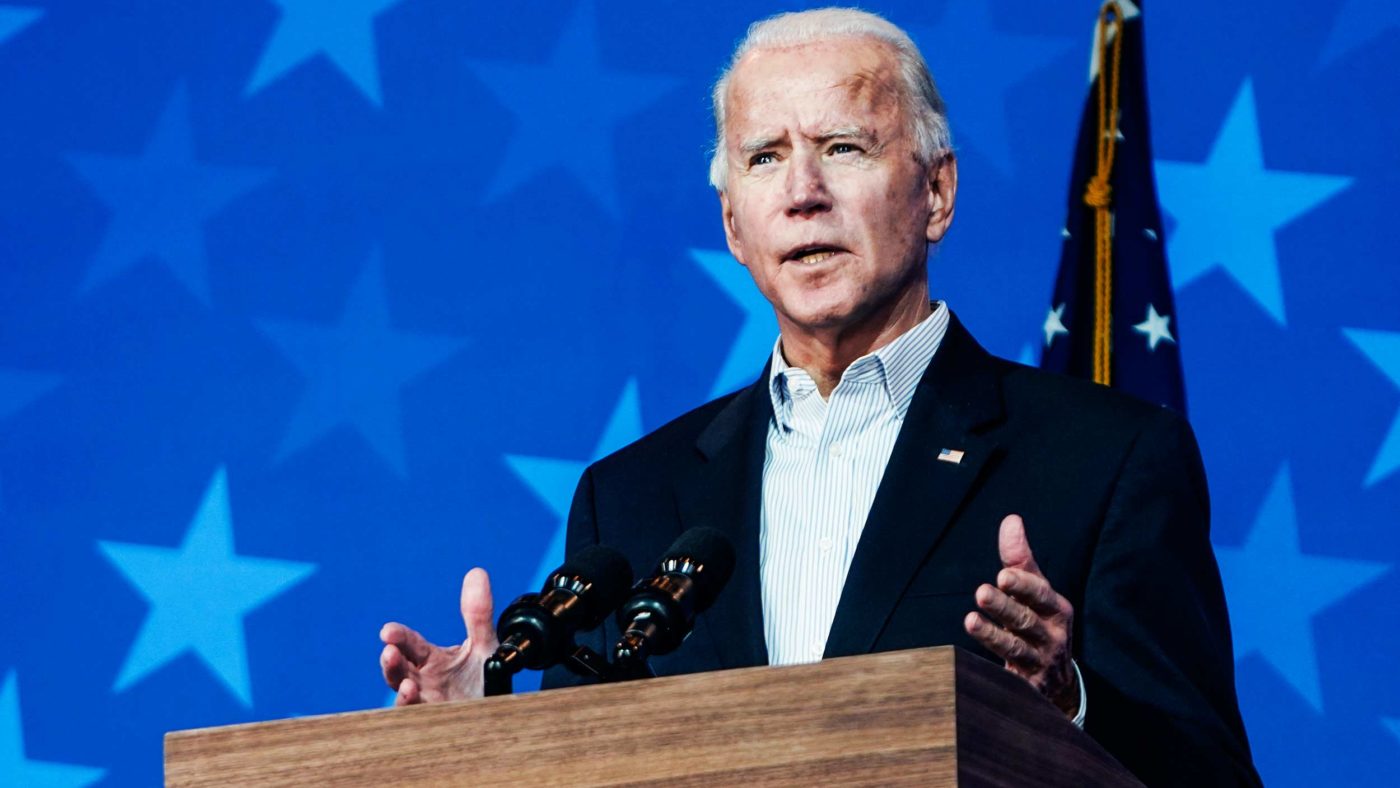Winston Churchill famously said that “You can always rely on the United States to get the right result – after they have tried every other option”. It now appears that after the American people have tried the ultimate other option for the last four years Churchill has been proved correct.
Assuming it will be a Biden presidency, what does this mean for the United Kingdom and 10 Downing Street’s relationship with the new occupant of the White House?
The conventional view is that it could be quite difficult and that Biden and Boris Johnson will have a frosty relationship to say the least. That view cannot just be dismissed. Trump and Johnson presented themselves as soul mates. Both are often seen as adventurers and buccaneers.
In addition Biden is an Irish-American and means it when he says that any attempt by Johnson to dismantle the Irish aspects of the Brexit Withdrawal Agreement would torpedo any prospect of a UK-US Trade Deal.
However, apart from a shock of blond hair, an unorthodox lifestyle and a penchant for opportunism, Johnson and Trump never had that much in common, especially when it comes to the wider world.
In considering the future of the UK-US relationship the crucial consideration will be foreign policy and international issues. On all the crunch questions Johnson distanced himself from Trump and has, already, been in the same camp as Angela Merkel and Emmanuel Macron.
Johnson doubled our contribution to the WHO while Trump had planned to leave it. Johnson is a strong believer in the need to deal with climate change while Trump has dismissed its significance. Johnson is an enthusiast for global free trade, while Trump insists on bilateral negotiations where the US can benefit from its economic muscle.
Likewise on foreign and defence policy Johnson has been an enthusiast for Nato, for arms control, for a negotiated deal with Iran on its nuclear aspirations, and for a two-state solution to the Israeli-Palestinian conflict.
So Biden and Johnson will have little problem in working in harmony on global issues. But what about the personal chemistry?
I doubt if Johnson will be able to follow Theresa May’s achievement of being the first Western leader to be invited to meet the new President in the White House. Biden will wish to emphasise his respect and support for Angela Merkel, who was treated with near contempt by Trump. Biden will also want to re-establish a friendly relationship with the European Union, representing as it does 27 European countries and being a major bulwark against Putin’s Russia.
But Johnson need not lose too much sleep over that. He will have two excellent opportunities in 2021 to work closely with Biden and invite him to London. Britain holds the presidency of the G7 next year and will host its annual conference which will be held somewhere in the UK. Biden is bound to attend such a major gathering of the leaders of the free world.
Secondly, the UK is also hosting the United Nations Climate Change Conference in Glasgow next November. For Biden dealing with climate change will be a hallmark of his presidency and Johnson will be an enthusiastic ally.
People are bound to be sceptical about the ongoing relevance of the “special relationship” between the US and the UK. Of course, the US has many other allies and friends. The UK is not as important as a world power as it used to be; its military capability is under strain and its economic importance is significantly less than that of Germany.
However, I conclude with a question that I have never heard answered. If the United Kingdom is not to remain the US’s closest global ally, who will fill its place?
It cannot be Germany. Despite its economic power Germany has minimal military capability and only modest diplomatic clout outside Europe. France compares with the UK as a military power and has a global foreign policy. But all French presidents since de Gaulle have resented American leadership of Nato and have preferred European autonomy in defence and foreign policy.
No other European or Asian power – with the obvious exception of China – can compare with the UK’s combination of military and naval strength, global trade, Five Eyes intelligence expertise, permanent membership of the UN Security Council and soft power through the English language and the Commonwealth.
The UK is very much the junior partner of the United States, of course. Nevertheless, Biden and Johnson will find they have as much in common as have their respective predecessors in the White House and Downing Street since 1945.
Click here to subscribe to our daily briefing – the best pieces from CapX and across the web.
CapX depends on the generosity of its readers. If you value what we do, please consider making a donation.


